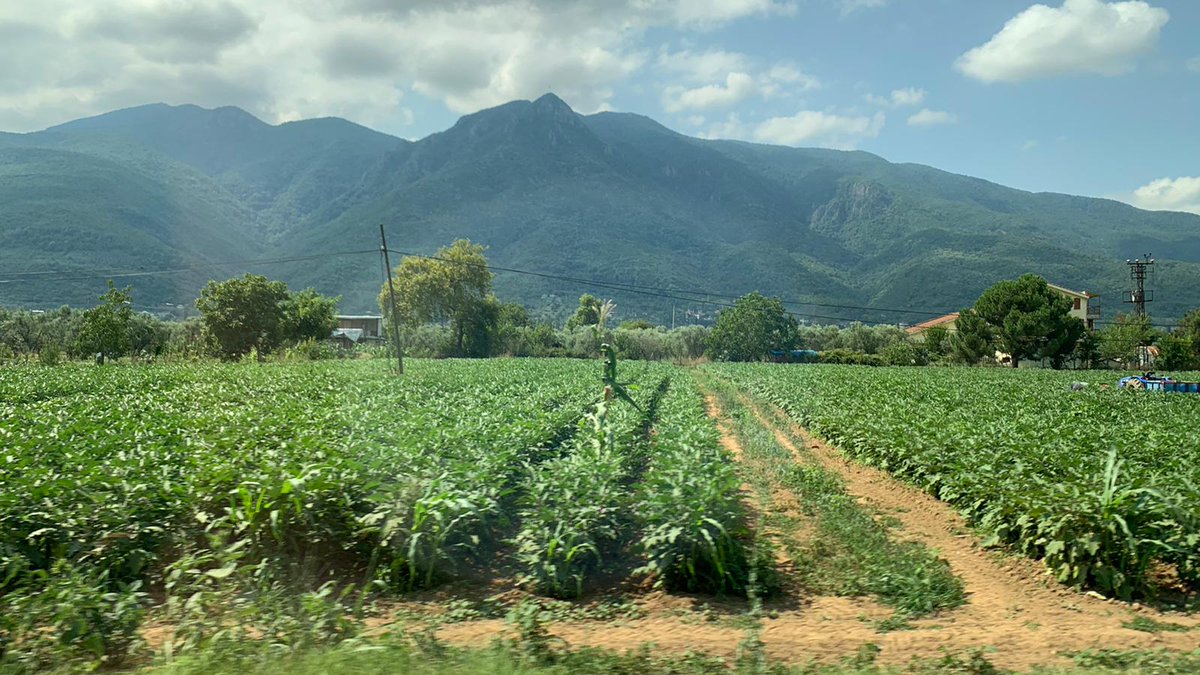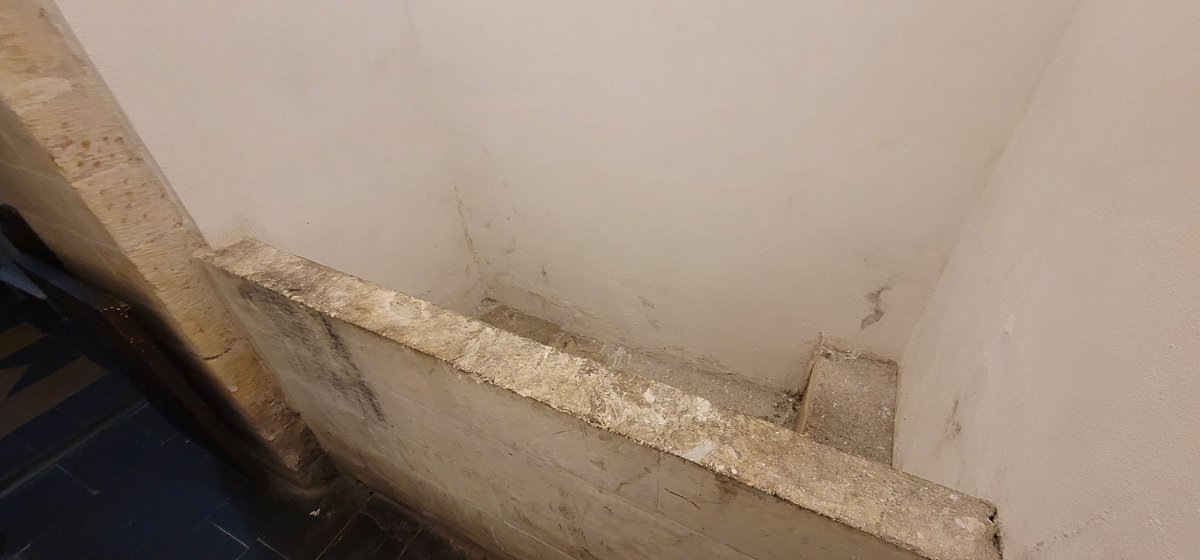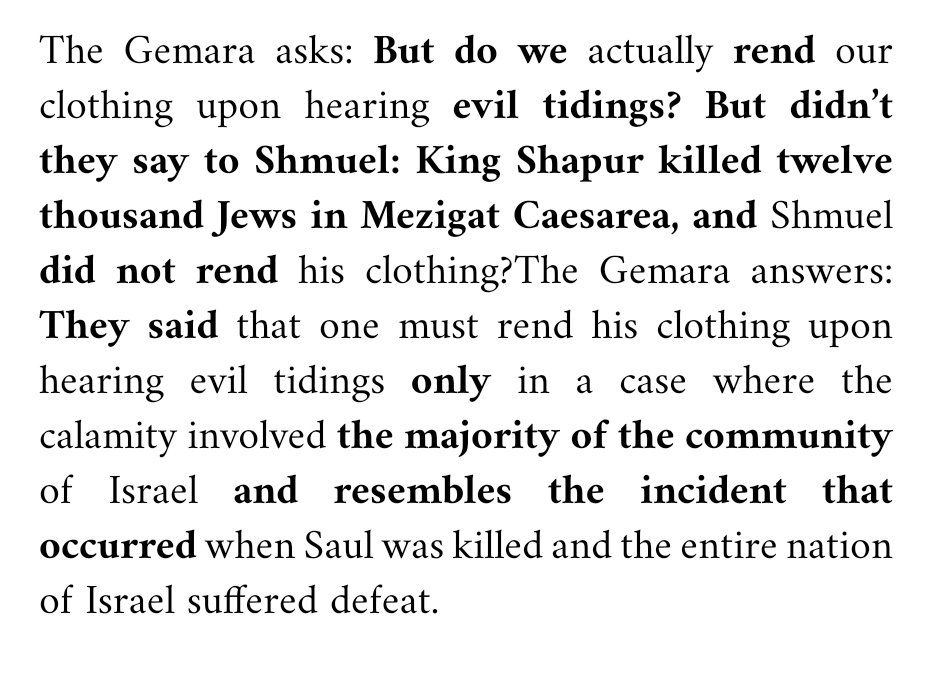Day 2 of #TurkeyJewishRoadtrip:
On the road from Bursa to Çeşme
While on road lets talk😊
Did you know that #Turkey is an important source of #Kosher food? Hundreds of manufacturers all over the country produce anything from raw material to ready to eat products.
On the road from Bursa to Çeşme
While on road lets talk😊
Did you know that #Turkey is an important source of #Kosher food? Hundreds of manufacturers all over the country produce anything from raw material to ready to eat products.

By the way: Kosher food does not mean food that is blessed by a rabbi!
Rather it is food that has been prepared according to Jewish law - there are no mixtures of meat/milk, it is insect free, meat or chicken have to be prepared properly according to Jewish law and more...
Rather it is food that has been prepared according to Jewish law - there are no mixtures of meat/milk, it is insect free, meat or chicken have to be prepared properly according to Jewish law and more...

The Turkish Jewish community @tyahuditoplumu through @DenetGida which certifies hundreds of plants, as well as the @OrthodoxUnion and @OKKosher have their field representatives inspect plants to assure they are fit for the kosher consumer. 

Last year @EliChitrik and I did our first #TurkeyJewishRoadtrip - we visited some 100 manufacturing facilities, to assure that they fit to the kosher standards... @DavidianKlein wrote about our trip at the @jdforward
forward.com/news/454465/a-…
forward.com/news/454465/a-…
@ChaimChitrik at the wheel... 

KEZADA is an #İzmirli Jewish ritual/Minhag where a tray full full of kezada (marzipan) shaped like two doves (and lots of Kezada eggs - to multiply!) it is passed over the heads of the bride and groom after the Hupah!
What a sweet custom! Buen Mazal para todos!
What a sweet custom! Buen Mazal para todos!

Rabbi Eitan Webb @Chabad of Princeton University @ChabadOnCampus officiated - and asked me to say a few words - I shared the significance of breaking a glass at the end of a Hupah (marriage ceremony)...
"We are a people of #history...We break a glass to remember #Jerusalem..."
"We are a people of #history...We break a glass to remember #Jerusalem..."
High or low - we shall always remember that endurance is the key to redemption!
Mazal Tov!!!
Mazal Tov!!!
• • •
Missing some Tweet in this thread? You can try to
force a refresh



























